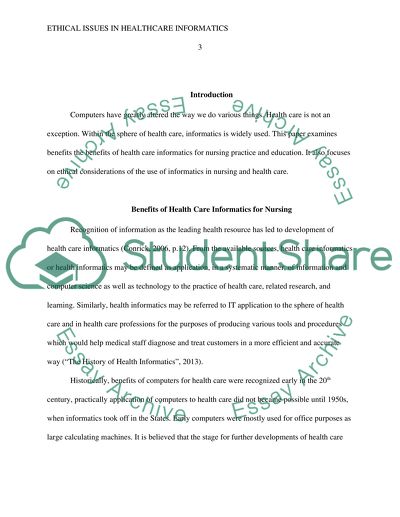Cite this document
(“Ethical issues In HealthCare Informatics Applies to nursing practice Research Paper”, n.d.)
Retrieved from https://studentshare.org/nursing/1466871-ethical-issues-in-healthcare-informatics-applies
Retrieved from https://studentshare.org/nursing/1466871-ethical-issues-in-healthcare-informatics-applies
(Ethical Issues In HealthCare Informatics Applies to Nursing Practice Research Paper)
https://studentshare.org/nursing/1466871-ethical-issues-in-healthcare-informatics-applies.
https://studentshare.org/nursing/1466871-ethical-issues-in-healthcare-informatics-applies.
“Ethical Issues In HealthCare Informatics Applies to Nursing Practice Research Paper”, n.d. https://studentshare.org/nursing/1466871-ethical-issues-in-healthcare-informatics-applies.


